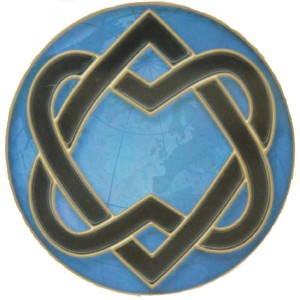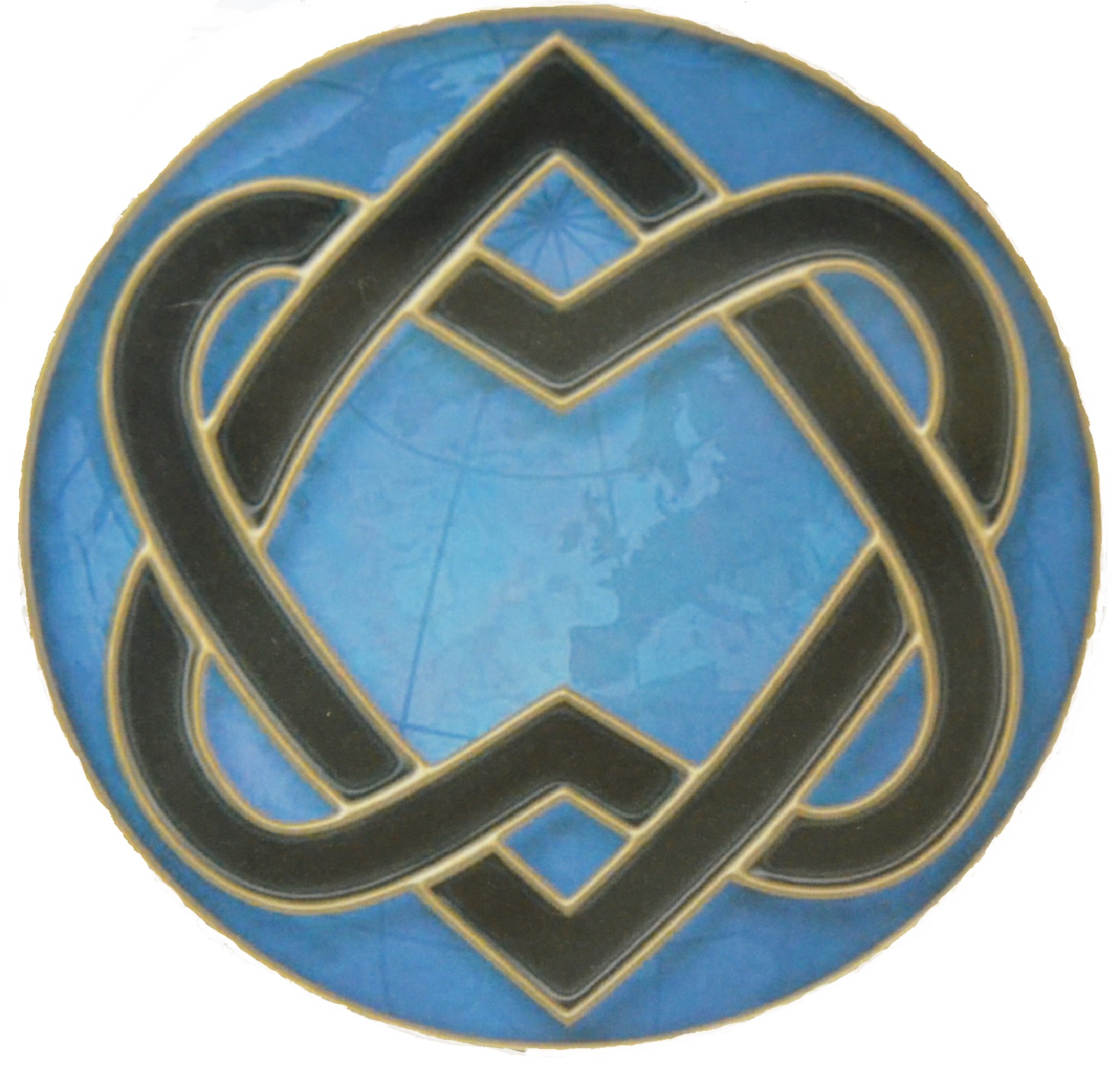Episodes

Tuesday Aug 01, 2017
Owning Your Voice (Part 1) - Moses to God
Tuesday Aug 01, 2017
Tuesday Aug 01, 2017
Chapter 6 of Exodus concludes a long process of distraction by Moses from the revelation and mission given him by God in chapter 3. It concludes with his infamous "speech impediment." Is this really a speech impediment as taught in Sunday schools by fundamentalists? Or do we need to say such things because it reflects a deep aspect of ourselves that it is too uncomfortable to confront? Why do we neglect opportunities to speak in this world and turn down leadership --let alone even find excuses not to ask a question or write a thank you note-- because we "are not good at speaking"? Why do we tell others, "Well, if you read some website or book... or if you just listened to what 'they' (experts) say... then you'd know..." instead of taking ownership of our positions and our own voice? How do we follow Moses' path from "I'm bad at speaking" to "Words [the fifth book of the Torah]" where Moses owns his voice in an entire book of lectures?

Tuesday Aug 01, 2017
Owning Your Voice (Part 2) - Moses to Pharaoh
Tuesday Aug 01, 2017
Tuesday Aug 01, 2017
With the long process of avoiding his speaking role by Moses now concluded, God tells Moses that when he speaks, he will be "God" to Pharaoh. Drawing on a teaching I learned from the great Conserative rabbi Rabbi Brad Artson. this single line may contain the most concise expression of religious ethics ever. We can go from avoiding our voice to finding out how to live your voice.

Tuesday May 02, 2017
Tuesday May 02, 2017
Like other Torah topics including sacrifice, slavery, and creation, Leviticus's preoccupation with skin disorders offends many, prompting outrage and elaborate comparisons to historical examples of horror and immorality. And like those earlier topics, it's as if people aren't reading the Torah, but are projecting their own sensitivities -- an inevitable part of the hermeneutical circle of reading, but one which tells us more, sometimes, about the reader's sensitivities than about the Torah message. I discuss prominent, recent views of Tsarat skin disorders that sees in the Torah the judgmentalism of the insensitive medical establishment, the insensitive observer of a transgender individual, even the Nazi, and I counter with the fact that these readings fail to see the main point of the "out of the camp treatment" being the reintegration of these individuals back into the camp through the declaration of full purity by the head priests/kohanim. This changes everything. If anything, the Torah is providing a fairly obvious example of universal health care --paid for by public tithing-- right before our eyes. Why can't we see it (in a section all about seeing)?

Monday Apr 10, 2017
Monday Apr 10, 2017
Using David Brooks' essay on the importance of the Exodus story to the moral clarity of America's purpose, I address what the seder is really about. Once the satire of the opening is out of the way, it's all "Maggid" from there: the "oral telling of OUR story" in order to make us Jews, in order to tell us what our purpose is. Freedom without purpose is idolatry.

Monday Apr 10, 2017
Passover Part 1: It's Not About Freedom, but What You Do With Your Freedom
Monday Apr 10, 2017
Monday Apr 10, 2017
In this sermon, I analyze the opening of the seder (and conclude with a short tribute to a close friend, Holocaust survivor and Woman of Valor Rae Harvey.)
Reclining at dinner, drinking wine, and getting to eat karpas , a Greco-Roman appetizer, is freedom? Seriously? The first part of the seder is a wicked satire that mocks the fool's answer to the central question of the Seder, "What is freedom?"
The Jewish answer to "What is freedom?" is that Freedom is about What You Do With Your Freedom. How you answer that question depends on Your Story, your Maggid, from mitzrayim to a chance to use your freedom. Only the person who identifies with oppression knows that the real answer to the seder's central question is: "Real freedom is the freedom to serve God."

Friday Mar 03, 2017
The Nexus of Being and Nothingness as the "Solid" Ground of God's Presence
Friday Mar 03, 2017
Friday Mar 03, 2017
The first, basic step of Kabbalistic enlightenment --the one Moshe took approaching the Burning Bush-- is that the meaning of God's name reveals God's true essence: "Becoming." But how can the "nexus of being and nothingness" be the true reality we live in, have faith in, perceive, and live by? How can the solid ("amen") be found in the changing, and how can the soul live with a mind that depends on illusion, limits perception, and fosters an ego that identifies itself with the mind's false greatness? If you can forgive the sound quality of the faulty microphone on my new expensive smartphone, this lesson addresses the fundamental message of an adult understanding of Judaism, of God's name and our initial enlightenment to it.

Saturday Feb 11, 2017
Saturday Feb 11, 2017
At bedtime recently, my six year old daughter asked me, "Daddy, who are our ancestors?" It was not one of those profound-sounding questions that really isn't: rather, it was a thoughtful and sincere query after watching a show about a Latina girl learning about her ancestors. "Who are ours?" she needed to know. In this Tu B'Shvat presentation, I show how i connect to our ancestors by going back through the Seven Species of the Land of Israel, presented in the Temple, which go back further to the lives of our shepherd ancestor Hebrews (patriarchs and matriarchs), and then even farther back to the ancestral memories of the first few chapters of Genesis, of the gatherer humans of 3000 BCE to 9000 BCE in the Tigris-Euphrates region with their figs, grapes, and olives. Our ancestors evolved, living in harmony with Creation, by living off of the bounty of trees. And we should, too.

Thursday Jan 26, 2017
The Women March as the New King is Inaugurated: What We Can Learn from Rashi
Thursday Jan 26, 2017
Thursday Jan 26, 2017
While we can always make mistakes reading into the Torah something in the current news, and vice versa, we also cannot shy away from the invitation of profound synchronicities, like the fact that we in synagogue read about the "new king" being inaugurated as the women protest, as something very similar (with a million women) is happening outside the sanctuary walls. When we bring our minds to modern application or comparison, we bring our commentators and our critical thinking skills. I bring three "Rashi's" or traditional interpretations of our parashah. First, Exodus or "Shemot/Names" starts with the names of individual Hebrews, not a collective term like "the Hebrews," because God calls us to see actual individuals when we make generalizations about groups, rather than, like Pharoah, making generalizations only. Second, the new king does not ackowledge the contributions of the invidual Hebrews, their patriotism, and their hatred of the enemies of Egypt despite coming from those regions. And third, that in his fear mongering that the Hebrews are essentially refugees from the Syrian area-- and therefore will "join with" those enemies of Egypt to bring down the country-- Pharaoh actually weakens his country so much that his own prophecy comes true, first in the plagues and then, generations later, the resulting weakened Egypt falling to those (Assyrian) enemies from the north [who destroy and exile the Israelites as well].

Monday Jan 16, 2017
Monday Jan 16, 2017
We think of the enslavement of the Israelites in Egypt as "the enslavement," but didn't the Egyptians own slaves prior to that (albeit of a different kind)? I look at a Rashi which places the "enslavement" (or en-serf-ment --same word in Hebrew) of the Egyptians by Joseph as the middle step in two enslavements, first Egypt's everyday slavery -- in the ancient world slavery was the inevitable consequence of unpayable debt-- and second the reactive enslavement of the Israelites as the supposed cause of Egypt's decline. I see a parallel in American society from our initial enslavement of Africans and African-Americans to our recent reactive blaming of our decline on people of color rather than on our own national debt and lack of future planning. I make that case while remembering the close relationship of Dr. Martin Luther King and Rabbi Abraham Joshua Heschel, as recorded by Heschel's daughter, Susannah.

Friday Dec 16, 2016
The 3rd Archetypal Step: Moses and the Women of the Well
Friday Dec 16, 2016
Friday Dec 16, 2016
After killing the Egyptian, witnessing Hebrew on Hebrew injustice, and fleeing Egypt for an under-the-radar life of a shepherd-for-hire, Moses confronts the third of his three searing experiences of injustice: the bullying of Midianite shepherd girls by the boys. "And he rises to their defense." What is the significance of this third archetypal step? How has his life led up to his moment, and how does this moment continue to define it? How does it, and his marriage, shape not only his life but his imminent enlightenment at the Burning Bush?

